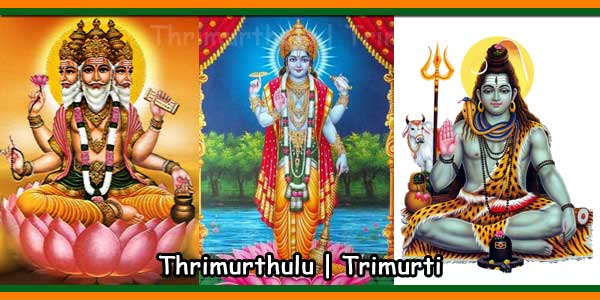Hinduism is considered the oldest of religions with a history known for more than 7000 years. Formerly known as Sanatana Dharma (eternal or universal way of life), Hinduism is essentially a spiritual science and a way of seeing the sacred in everyday life.
Hinduism has its origins in India and is at the source of Buddhism and other important schools of thought in Eastern philosophy. The Hinduism Scriptures, known as the Vedas, are among the largest known repositories of metaphysics, astronomy, and sociology, considered the earliest known writings of humanity. The essence of the Vedas is in the Upanishads, also called Vedanta. There is not a single author attributed to these writings, because they are considered revelations through Rishis (Sages, mystical and Saints) who have not claimed the quality of author.

The main Hindu texts, besides the Vedas and Upanishads, are Bhagvad Gita, Yoga Vasishta, and Bhagvad Purana, contained in Sage Vyasa’s Sage Valmiki and Mahabharata epics of Ramayana. The Brahma sutras and Patanjali yoga sutras are also important.
Hinduism believes that:
There is a supreme, all-encompassing, divine and benevolent force called by different names.
There are many ways to achieve Divine Realization, based on the Principles of Righteous Life (Raja Yoga), Knowledge (Gyana Yoga), Devotion (Bhakti Yoga) and Service (Karma Yoga), and all deserve the respect.
The presence of the divine, omnipotent, omnipresent and omniscient Parabrahman is visible in all creation. Although the Supreme is One, there are many deities who represent the infinite aspects of the Supreme.
There are methods by which every human being can accelerate the process of realization of universal truth and every soul that makes a sincere attempt in this direction will receive divine protection and help.
